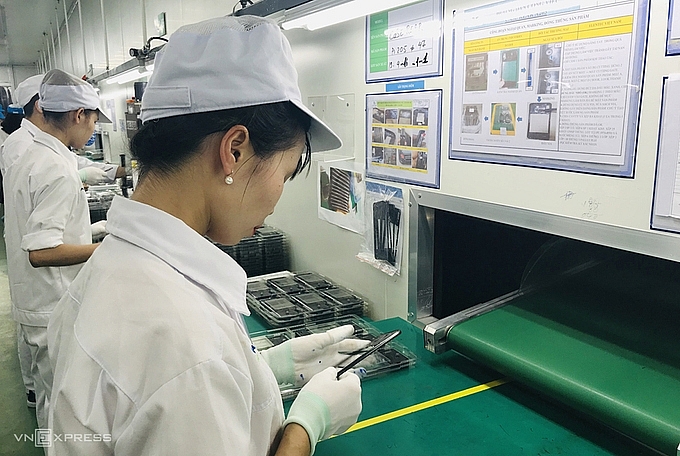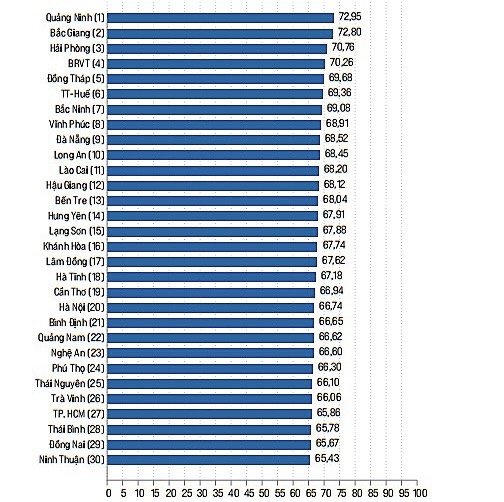Do Nhat Hoang, director general of the Ministry of Planning and Investment’s (MPI) Foreign Investment Agency (FIA) shared at the talk show on foreign direct investment (FDI) mobilisation yesterday (September 4) that the FDI task force has been working with numerous giants eyeing Vietnam as a destination, but could not reveal further information just yet.
He also cited data showing that Vietnam is still a favoured destination for foreign investors. According to him, in 2020, total global investment is projected to decrease by 40 per cent. However, in Vietnam, total FDI in the first eight months reduced by only 13 per cent on-year while FDI disbursement dropped 5 per cent. At the same time, the number of newly-registered projects rose 6.6 per cent and capital expansion projects by 22 per cent.
“Through discussions on various channels, we know that the number of investors exploring Vietnam is increasing,” said Hoang. The FDI taskforce headed by MPI leaders has worked in person and online with numerous tech giants over the world to discuss billion-dollar investment projects. “We cannot provide details just yet due to confidentiality,” he added.
The Ministry of Industry and Trade’s report on industrial production conducted in the first half said that LG, Panasonic, and Foxconn (producing accessories and components for Apple) were planning to relocate factories to Vietnam. During the first half, Apple announced recruitment in Hanoi and Ho Chi Minh City, which is assumed to launch a factory in Vietnam.
Nguyen Van Toan, vice chairman of the Vietnam Association of Foreign Invested Enterprises (VAFIE) said that countries are competing strictly for FDI flows.
China has just issued a new Law on Investment to increase openness, transparency, and predictability. India and Indonesia are also applying some new measures to attract capital, while Japan and US are calling on their businesses to leave China and return to their home countries.
Nguyen Dinh Cung, a member of the Prime Minister’s Economic Advisory Group, highlighted that Vietnam should also identify its goals to attract investors and foreign-invested projects. Most FDI inflows in Vietnam comes from Asia, while high-quality FDI from Europe and the US is much less. This is not a very new issue, but no moves have been made to address it.
“High-quality investors usually need policies that are stable, detailed, predictable, and arrangements not incurring non-official fees and costs,” said Cung, highlighting the need to continuously improve the investment and business climate.
Hoang from FIA said that Vietnam is doing its utmost to improve its legal and institutional framework, simplify administrative procedures, and facilitate investors. Vietnam has also come out with some outstanding incentives, although the existing ones were already better than those of other countries. “These outstanding incentives are built particularly for high-tech, modern projects with more participation of Vietnamese businesses in global value chains,” Hoang emphasised.
Additionally, in order to benefit from foreign-invested projects, experts said that local businesses should improve themselves to match the requirements of global value chains, either by M&A activities or support policies from the government.
(Nguyen Huong – VIR).


